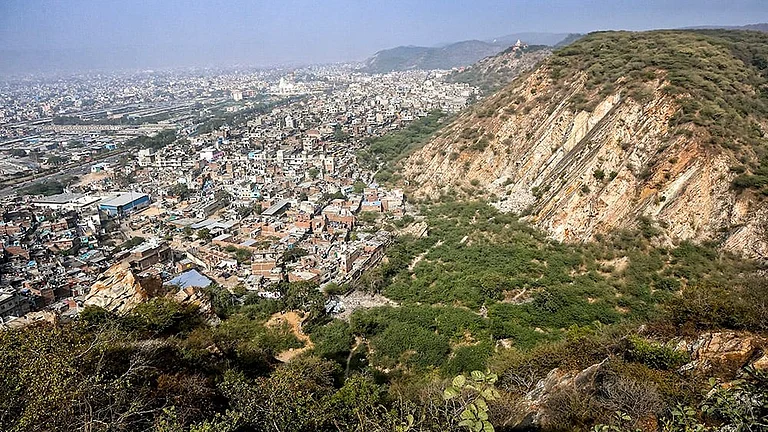The 2024 hurricane season is taking an unexpected turn. So far, there have been more storms in the Pacific than in the Atlantic, which is surprising to weather experts. Currently, three storms are spinning in the Pacific, while the Atlantic has been unusually calm as we approach the busiest time of the season.
“It is quiet out there,” said Phil Klotzbach, a meteorologist at Colorado State University. “I certainly wasn’t expecting this when we put out our most recent seasonal forecast.” He noted that the Atlantic hasn’t seen a named storm since Hurricane Ernesto dissipated on August 20, and the National Hurricane Center isn’t predicting any new storm formations for at least the next seven days.
Klotzbach pointed out that the last time the Atlantic went from August 21 to September 2 without a named storm was in 1997. So, what’s going on?
Meteorologist Ryan Maue suggested on X (formerly Twitter) that the Atlantic tropics are "broken" for now. He added that the storms developing near Africa are running into a problem: "Ocean temperatures at this latitude are way too cool to sustain a rain shower." For hurricanes to form and grow, they need warm ocean water, just like cars need fuel to run. Although the ocean is warm in many places, it’s not warm where storms are trying to form right now.
Klotzbach also mentioned that while some weather patterns help storms to form, others stop them from developing.
So far this year, five named storms have formed in the Atlantic, including three hurricanes—Beryl, Debby, and Ernesto. In contrast, the eastern and central Pacific basins have seen nine named storms, including three hurricanes—Carlotta, Gilma, and Hone.
This isn’t what the experts predicted. Before the season started, all forecasts pointed to a very active season in the Atlantic, with some even calling for a "hyperactive" season with up to 33 storms. Meanwhile, NOAA’s 2024 forecast for the eastern Pacific predicted a below-normal season, with only a 10% chance of an above-normal season.
Even though the Atlantic has been quiet, Klotzbach said it’s too early to give up on the season. He noted that the latest weather models look a lot more promising than they did just a week ago, meaning that activity in the Atlantic might be about to increase.
As the Atlantic heats up, the Pacific might calm down. “After the three systems that are currently being monitored by the National Hurricane Center and Central Pacific Hurricane Center, the Pacific should quiet down quickly,” Klotzbach said. “There is very little signal for any more storms forming in the long-term forecast.”



























